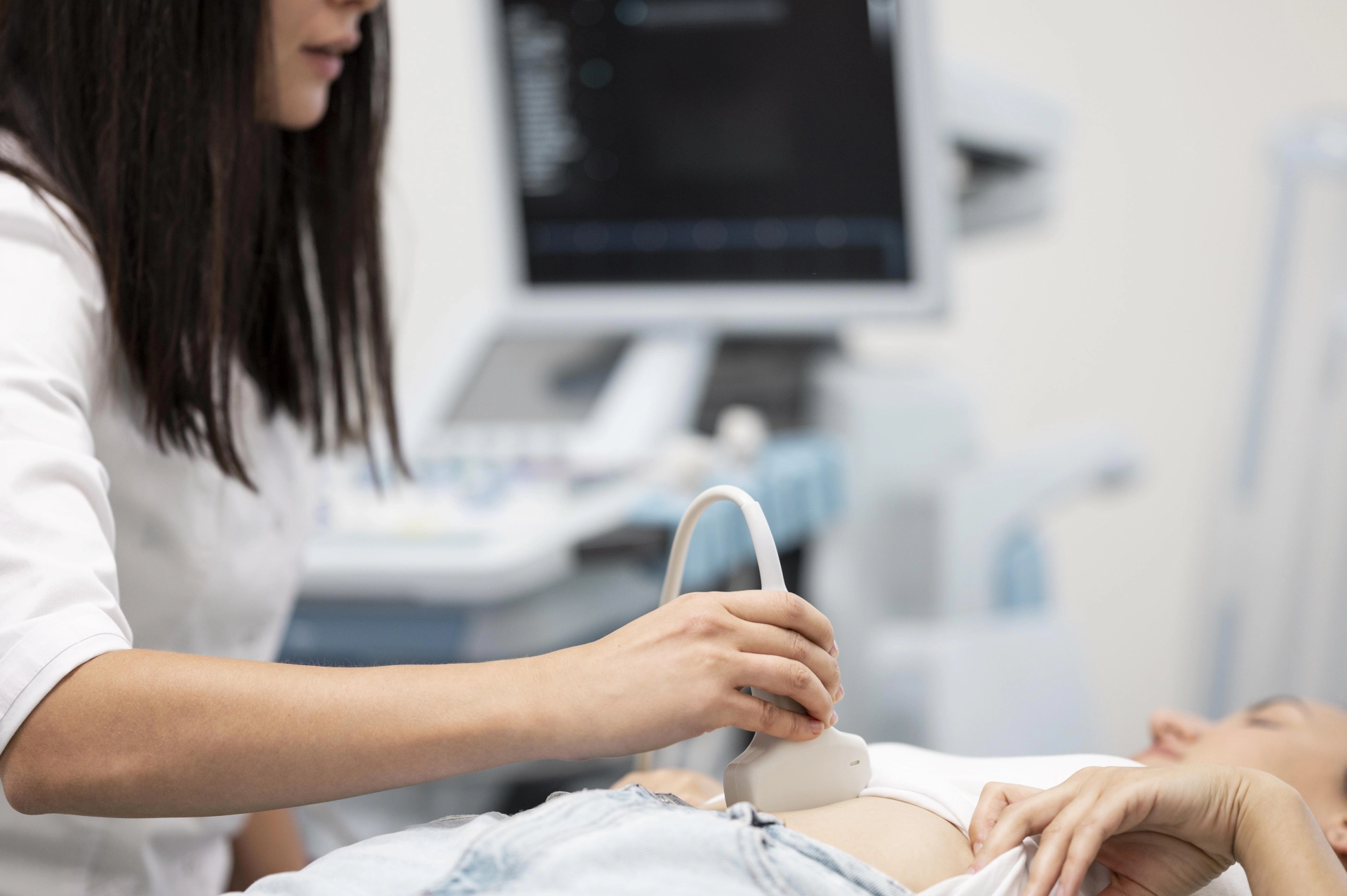Appendicitis is an inflammation of the appendix, a small pouch attached to the large intestine. Despite its tiny size, the condition can be extremely dangerous: an inflamed appendix quickly swells and, if it ruptures, can cause a severe infection of the abdominal cavity known as peritonitis. For this reason, appendicitis is considered a medical emergency and requires immediate medical attention.
Causes
The most common cause is an obstruction of the appendix's lumen by fecal matter. Less frequently, inflammation can be caused by an infection, parasites, or a tumor. This obstruction leads to bacterial growth, swelling, and impaired blood flow to the tissues. Without treatment, the appendix wall gradually deteriorates and can rupture.
Forms
Acute appendicitis
develops suddenly, is accompanied by severe pain, and progresses rapidly.Chronic appendicitis
is rare and manifests as intermittent pain. However, it can turn into the acute form at any time, so it requires a doctor's supervision.Symptoms
The most characteristic signs include:
• Pain that starts near the navel and then moves to the lower right abdomen, intensifying with movement or coughing.
• Nausea, vomiting, and loss of appetite.
• Low-grade fever, sometimes with chills.
• Changes in bowel habits: constipation, diarrhea, or difficulty passing gas.
• Abdominal bloating and tension.
It's important to note that the classic symptoms are not always present in children, the elderly, and pregnant women. Therefore, any sudden abdominal discomfort warrants an urgent consultation.
Diagnosis
To confirm the diagnosis, a doctor will perform an examination and order blood and urine tests. Additionally, imaging methods are used:
• Ultrasound helps to detect inflammation.
• CT scan provides a detailed picture.
• MRI is more often used in pregnant women to reduce radiation exposure.
Treatment
Appendicitis is treated surgically. The main methods are:
• Classic appendectomy, performed through an incision in the lower abdomen.
• Laparoscopy, a minimally invasive surgery using small incisions and a camera.
For complicated cases, drainage of the abdominal cavity and a course of antibiotics may be necessary. Sometimes, antibiotics are used as a temporary measure before surgery, but they cannot fully replace it.
Complications
The main threat is the rupture of the appendix and the development of peritonitis. In this case, the infection spreads throughout the abdominal cavity and can lead to sepsis, a life-threatening condition. Without treatment, the risk of a fatal outcome is very high.
Appendicitis is the most common surgical disease in people aged 10–30, but it can occur at any age. Its danger lies in the fact that only 48–72 hours can pass from the first symptoms to a rupture. When you experience sudden abdominal pain, do not delay a visit to the doctor. Timely medical attention is the guarantee of successful treatment and good health.






